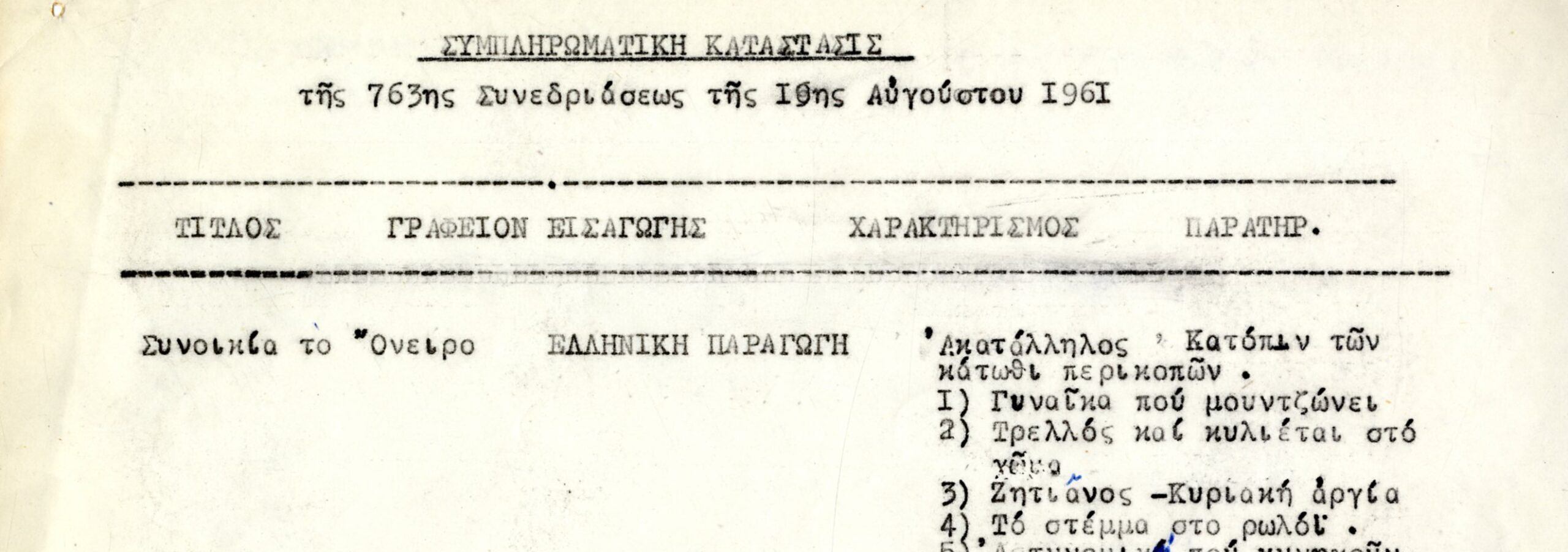
The censorship of the film “Synoikia to Oneiro” (A district named dream)
Yannis Glavinas
General State Archives of Greece – Central Service
Department of Promotion, Communication and Educational Programs
Censorship of public expression of ideas and of artistic expression in Greece appears already in the first years of life of the New Greek State and constituted, in its preventive or repressive form, a favorite means of propaganda or guidance. Metaxas’ dictatorship systematized preventive censorship with the then newly-founded sub-ministry of Press and Tourism. After the creation of the censorship mechanism, Metaxas’ dictatorship and the Occupation governments set up an arsenal for the exercise of preventive censorship of press and editions, cinema, theatre and song, which continued to exist until 1974. Broadly speaking, as far as cinema is concerned, it was provided that a film, before its first screening, would go through a double examination by the two responsible committees of the General Direction of Press of the Ministry of the Presidency of the Government. In the first instance, the screenplay of the film was examined and the permission for filming was granted; afterwards, the film was examined and the permission for public showing in cinemas was given. The committee might ban a film or cut out scenes and dialogues if it judged that the film had “deleterious” influence on the youth, disturbed the peace, propagandized subversive theories, calumniated the country “from a nationalist and touristic point of view”, undermined “the healthy social traditions of the Greek people”, offended the Christian religion or lacked artistic value.
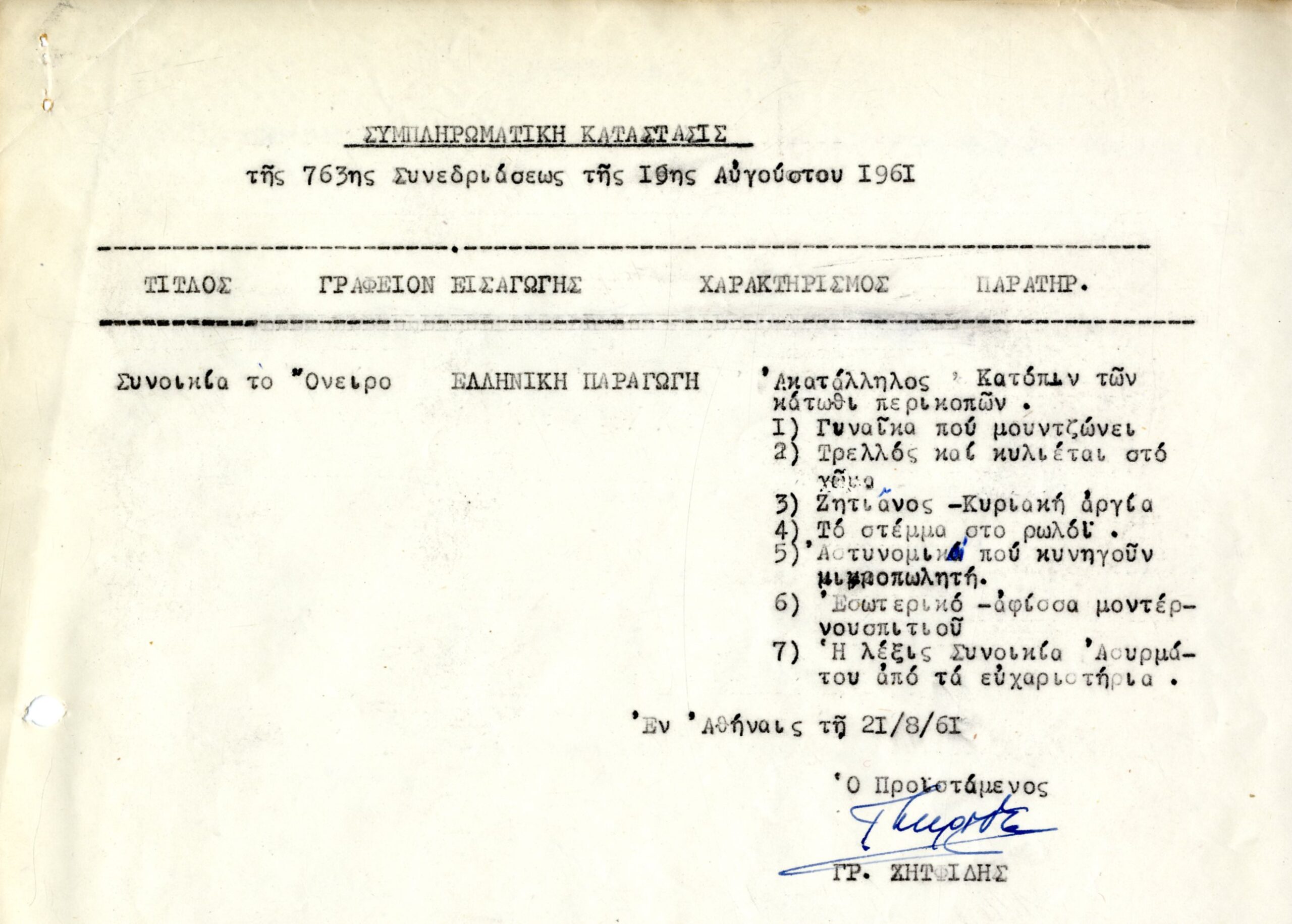
Decision of the Greek Committee of Examination of Films regarding the granting of permission for the screening of the film “Synoikia to Oneiro” (A district named dream) after the deletion of scenes, 19 August 1961.
In this context, the film “Synoikia to Oneiro”, produced by Alekos Alexandrakis and Aliki Georgouli, had to obtain the necessary approval by the General Direction of the Press. The committee cut out various scenes, as it wished to blunt the identification of Greece with the images of misery and poverty of the protagonist’s life in the refugee shanty town of ‘’Asyrmatos” in Petralona, at a period when the Greek government projected the image of a country entering on a path of development and prosperity. For this reason the censorship committee deleted from the end titles the expression of thanks to the inhabitants of Asyrmatos, in this way dissociating the setting where the action of the film took place from a real neighborhood of Athens as it was in the early 60’s. Despite the deletion of scenes and the characterization of the film as unsuitable for viewers under age (something that deprived it of a substantial part of its audience), the film will continue to encounter problems because of the intervention of state services who wanted to stop its showing, mainly because of the leftist views of its contributors (Alekos Alexandrakis, Aliki Georgouli, Manos Katrakis, script by Tasos Leivaditis and Alexandros Kotzias, music by Mikis Theodorakis) and of the fear of communist propaganda through the film. The first public show of the film in Radio City cinema was interrupted by a police intervention, while state services prevented its participation in the Venice Film Festival, although it had initially obtained permission by the General Direction of the Press. The interventions continued throughout the period of the film’s screening, driving the producers Alexandrakis and Georgouli to financial ruin. The film finally remained in people’s collective memory as synonymous with the state’s censorship practices before the restoration of the parliamentary system (Metapoli’teusis).
In the Central Service of the General State Archives is kept the archive of the General Secretariat of Press and Information (former General Direction of Press of the Presidency of the Government), which contains a multitude of files concerning the implementation of the legal framework for the exercise of preventive censorship of film, theatre and song in the period 1945-1974. The document accompanying the text comes from the above archive.

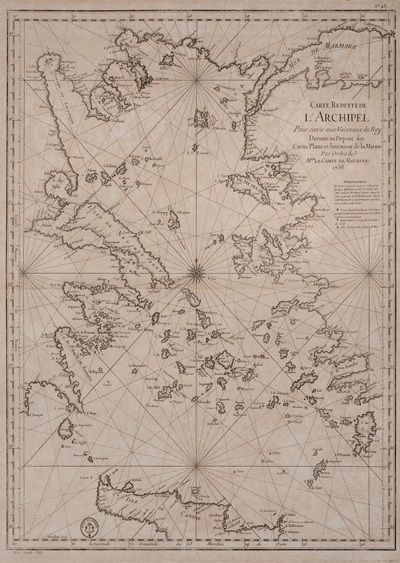

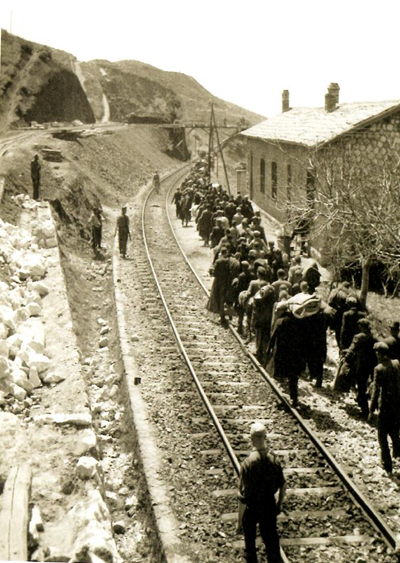
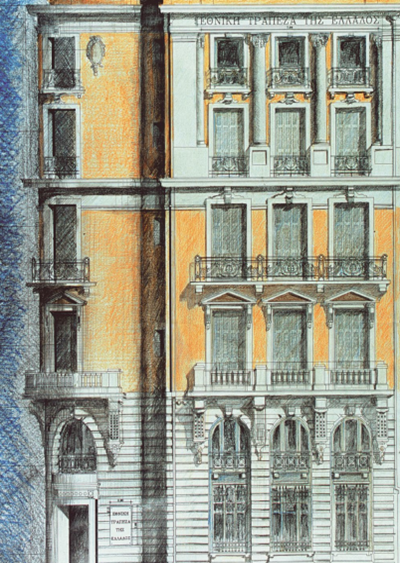


Leave A Comment